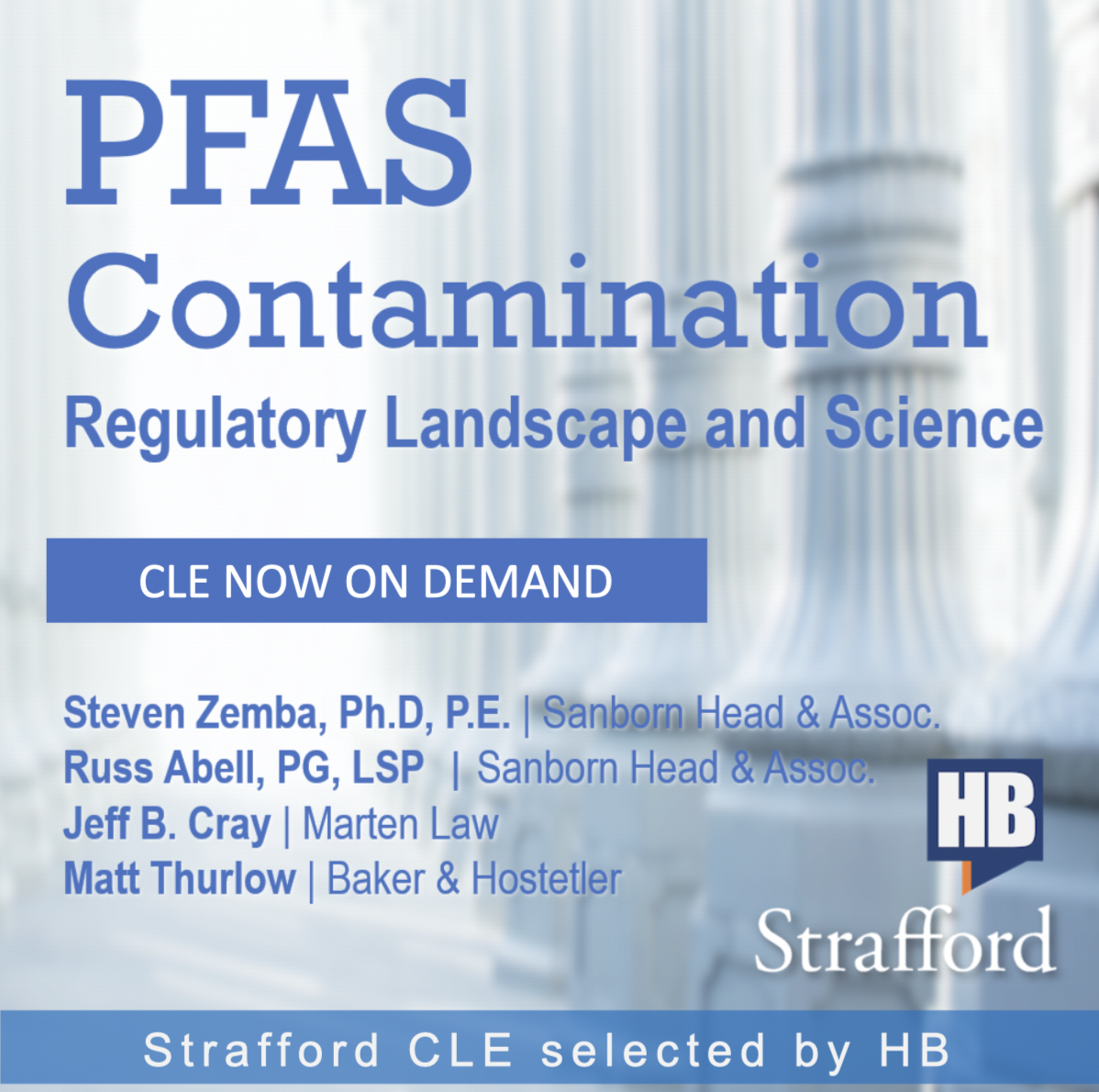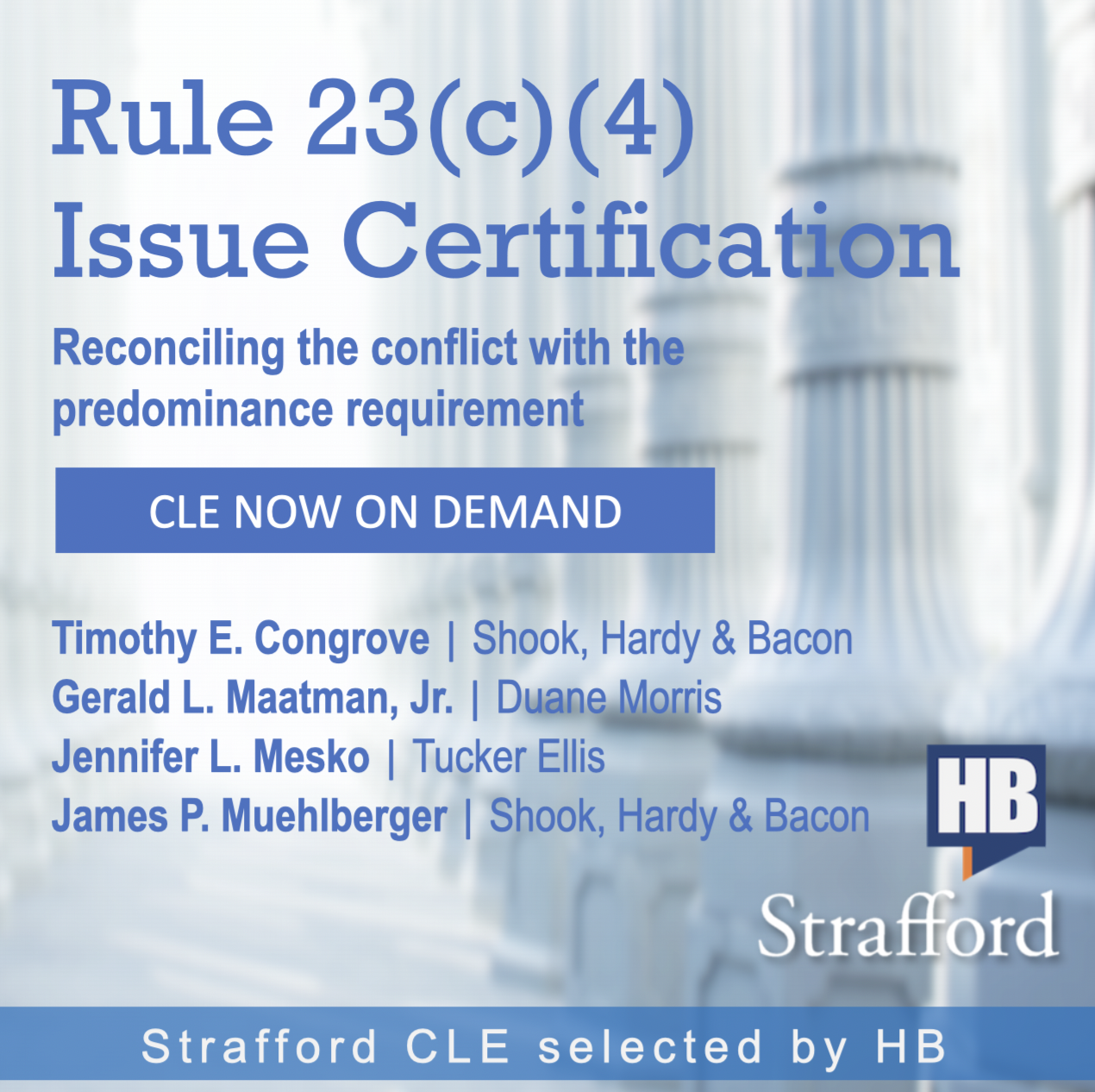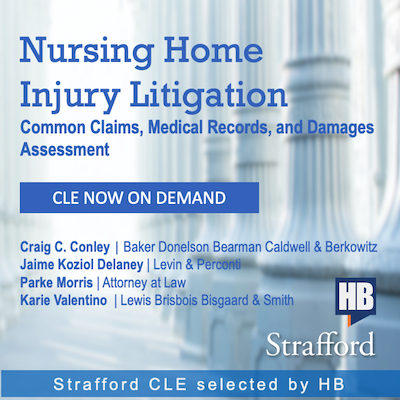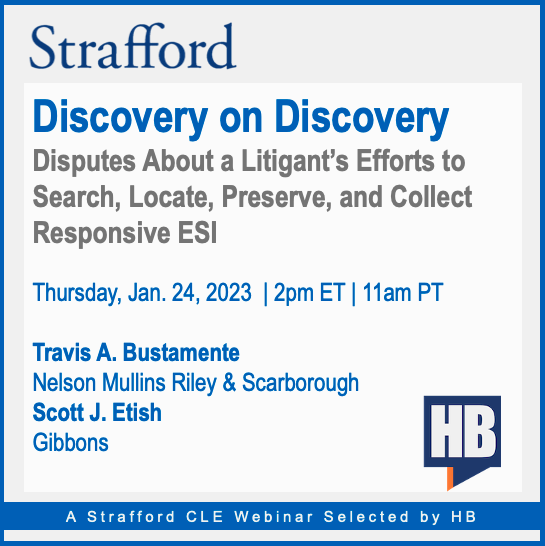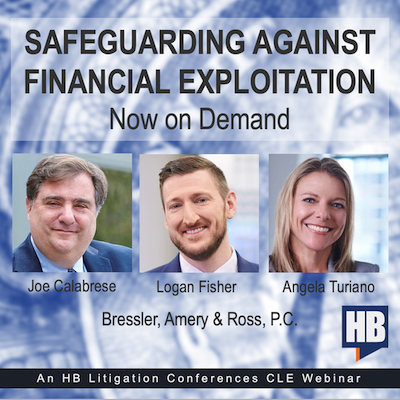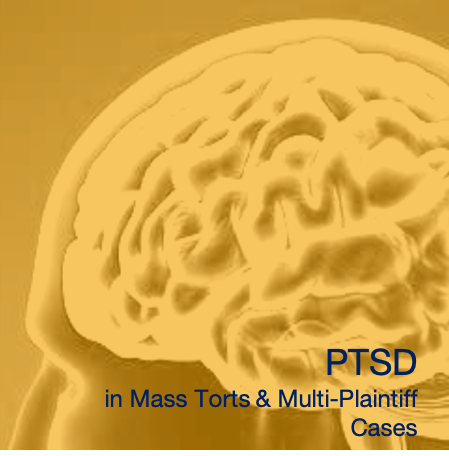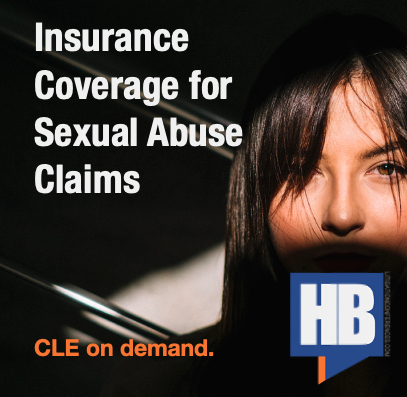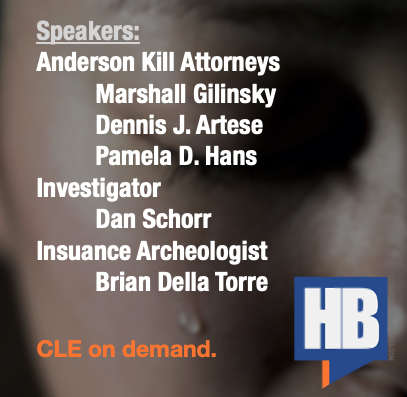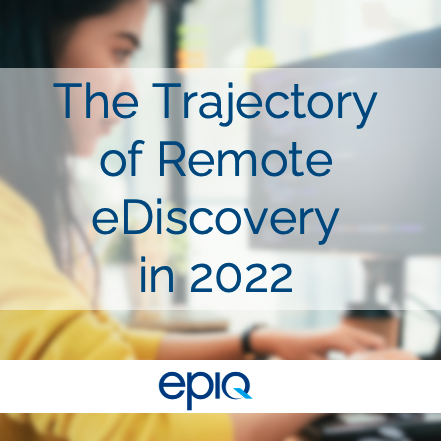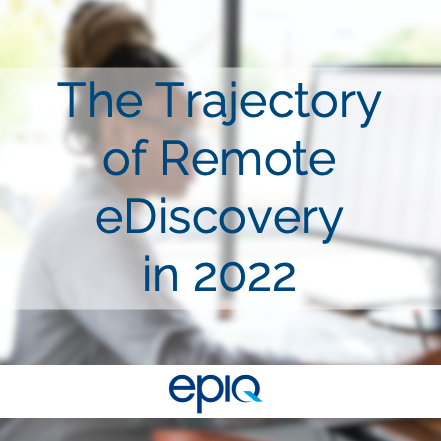PFAS Contamination: Current Regulatory Landscape and Science
PFAS Contamination: Current Regulatory Landscape and Science Over the past 18 months, U.S. EPA and the Biden Administration have issued numerous new regulations of PFAS under CERCLA, the Clean Water Act, the Safe Drinking Water Act, the Toxic Substances Control Act, and other environmental statutes.In recent months, the U.S. EPA has issued significant new toxicity assessments and drinking water regulations for PFAS, including PFOA, PFOS, GenX, and PFBS. U.S. EPA also has taken steps to regulate PFOS and PFOA as hazardous substances under CERCLA. State regulators are also imposing new drinking water limits, cleanup standards, and testing requirements for PFAS. The U.S. EPA and a number of states are planning to issue numerous additional regulations of PFAS over the next few years.Listen as our authoritative panel examines the evolving federal and state regulatory landscape for PFAS. The group will discuss current scientific data on PFAS, including a review of [...]

